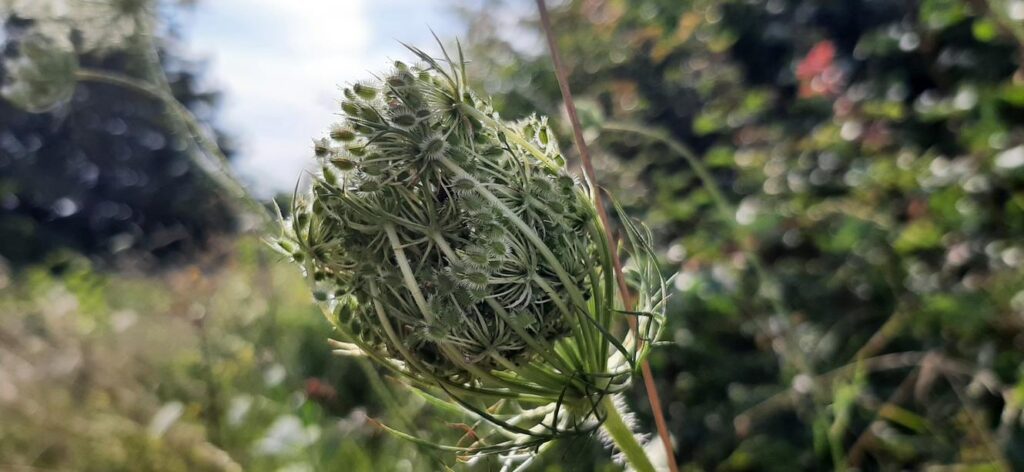During a lovely conversation, my colleague Linda and I were discussing some coaching cases appearing in The Marketing Seminar. For coaches, one of the best habits is to reach out and have some supervision for the work we have been doing. Supervision is there to help us become better. It keeps us on track.
Exploring our cases we discussed how expertise can be in our way. Expertise in a domain means that we see more than others, it also means that we easily will fall into the trap of knowing. That is, of believing that we know what is right. It’s the moment where we revert to “that’s how it is done”, forgetting about the other person’s context and knowledge.
That’s the position from which we’ll easily be sharing advice. Especially when our coachees long for shortcuts.
There is nothing wrong with advice. As long as we know that it creates resistance and hope. Advice without our experience comes with a gap between understanding and executing. One the coachee may not always be able to fill by himself. It also comes with an idea that is not the coachees. It’s an idea he still has to integrate as it isn’t one he came to by himself. At its worst, the shortcut created pressure and helplessness. At its best, the coachee found enough courage to either decide against or try it. In between, there is the blind belief in a messiah.
It can be difficult to leave our expertise aside as it often has been a means by which we’ve been validated and recognized. In coaching, it can become a trap.
A better space to be is one where curiosity can live. That is our curiosity as coaches. Curiosity relies on what we understand while acknowledging that we don’t know enough. That is, for example, we don’t know enough of how our coachee sees the world and goes about it, or we don’t know well enough how his idea meets a market we don’t know, or something else. There is plenty we don’t know enough about. Whenever we can make our coachee our teacher, we’ll find ourselves exploring their project, guiding with questions wondering about the boundaries, and learning with questions dipping into their expertise. The more they can describe what they are doing and why the more we learn, and the more the coachee realizes he knows.

